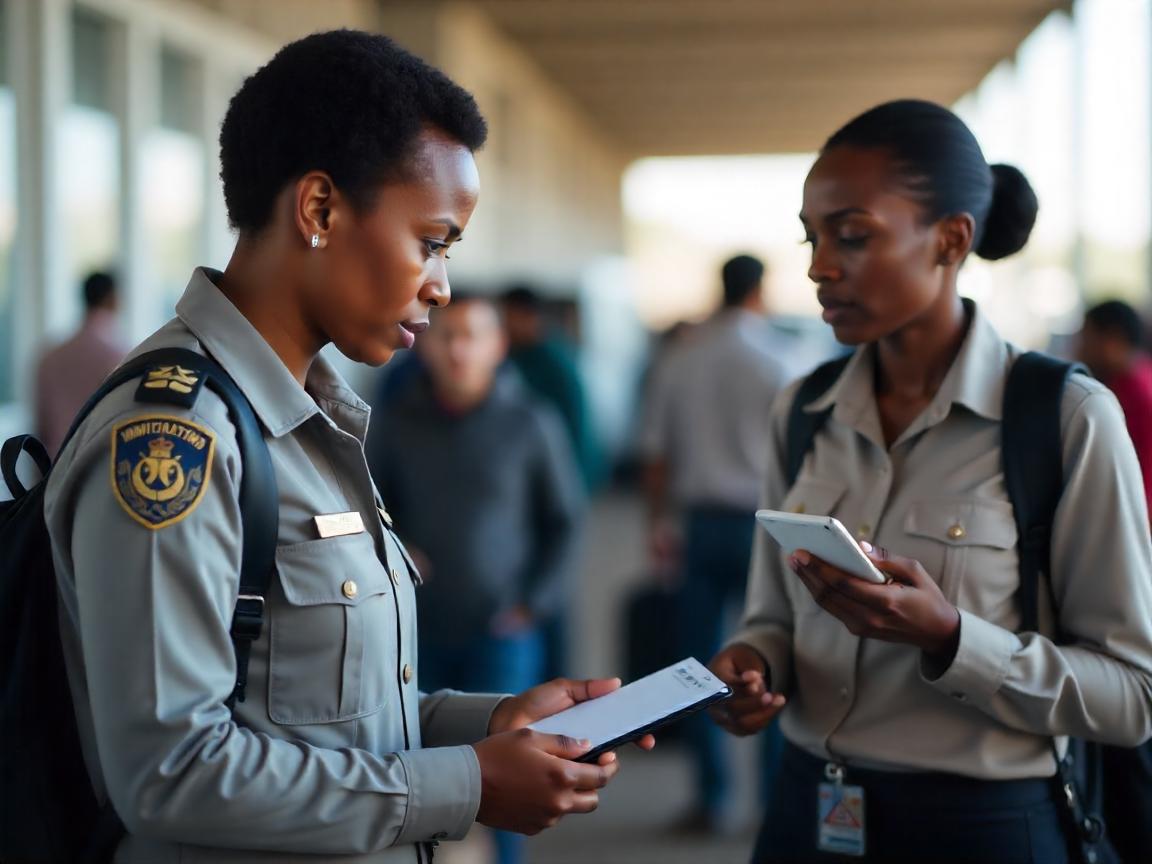Il cambiamento del sistema eVisa del Kenya
Un'importante trasformazione del sistema di visti elettronici (eVisa) del Kenya ha fatto sentire i suoi effetti nel panorama dei viaggi africani, cambiando il modo in cui i professionisti del settore si approcciano ai requisiti di ingresso per i turisti. L'inaspettata transizione dalla piattaforma Travizory al sistema e-Citizen ha posto diverse sfide, rendendo necessario un esame approfondito del suo impatto sul turismo regionale e delle più ampie implicazioni per la governance digitale nel settore dei viaggi.
Precedente Successo: Il sistema Travizory
Il sistema Travizory, introdotto nel gennaio 2024, è stato inizialmente accolto con favore per la sua efficienza. Ha migliorato drasticamente i tempi di elaborazione, consentendo di completare la maggior parte delle domande in sole 72 ore anziché nei precedenti 14 giorni. Questo sistema non solo vantava una notevole affidabilità, con un uptime di 99,97%, ma aveva anche la capacità di gestire oltre 1,8 milioni di domande nel primo anno. Le funzioni di sicurezza avanzate, come lo screening in tempo reale dei viaggiatori e le credenziali digitali, hanno contribuito sia alla convenienza che alla sicurezza.
Nuove complicazioni: La piattaforma e-Citizen
Tuttavia, il rapido passaggio alla piattaforma e-Citizen nel marzo 2025, avvenuto senza preavviso o spiegazioni sostanziali, ha introdotto un labirinto di complicazioni. Agenti di viaggio e turisti si trovano ora a dover affrontare problemi di sistema, approvazioni ritardate e un'interfaccia meno intuitiva. Questi ostacoli tecnologici hanno conseguenze reali, come dimostrano le segnalazioni di viaggiatori che hanno perso i voli a causa dei tempi di elaborazione prolungati, erodendo in ultima analisi la fiducia che il sistema precedente aveva creato.
Impatto sul turismo
I disservizi hanno sollevato notevoli preoccupazioni tra gli operatori del settore turistico. Organizzazioni come la Kenya Tourism Federation hanno espresso preoccupazione per l'aumento delle cancellazioni e il calo delle prenotazioni, direttamente collegati ai problemi iniziali del nuovo sistema. Questi inconvenienti minacciano di far deragliare la crescita positiva del settore turistico del Kenya, che ha visto un aumento del numero di visitatori dopo l'introduzione del sistema Travizory e della politica di ingresso senza visto per determinati Paesi.
Implicazioni legali e fiducia degli investitori
La situazione è ulteriormente complicata dalle azioni legali di Travizory Border Security contro il governo keniota, che cita violazioni di contratto e furto di proprietà intellettuale. Questo conflitto legale pone questioni più ampie riguardanti la governance digitale e la fiducia degli investitori internazionali nella regione. Gli analisti legali suggeriscono che l'esito di questo caso potrebbe potenzialmente stabilire precedenti cruciali per le future collaborazioni tra governi e partner tecnologici.
Rimanere informati: Un must per i professionisti dei viaggi
Per i professionisti dei viaggi che si trovano a navigare in questo ambiente in continua evoluzione, è fondamentale rimanere aggiornati e adattarsi ai nuovi sviluppi. Mentre il governo keniota lavora per risolvere le difficoltà tecniche e stabilizzare il sistema e-Citizen, gli agenti di viaggio devono rimanere vigili nel monitorare gli aggiornamenti e modificare i piani di viaggio secondo le necessità. Garantire una comunicazione chiara con i clienti su eventuali ritardi ed esplorare soluzioni di viaggio alternative sarà fondamentale per sostenere la qualità del servizio e gestire le aspettative.
Le lezioni apprese dalla transizione del Kenya verso l'eVisa
La transizione dell'eVisa in Kenya rappresenta un caso significativo per l'industria turistica africana. Sottolinea l'importanza di disporre di solidi piani di emergenza, di comunicazioni trasparenti da parte degli enti governativi e di riconoscere l'interconnessione dell'intero sistema quando si implementano soluzioni digitali. Poiché la tecnologia continua a plasmare il panorama dei viaggi, navigare efficacemente in queste complessità sarà fondamentale per garantire esperienze di viaggio senza soluzione di continuità e promuovere una crescita sostenibile del settore turistico africano.
Approfondimenti visivi: Tempi di elaborazione e affidabilità
Le differenze nei tempi di elaborazione e nell'affidabilità del sistema tra la precedente piattaforma Travizory e il nuovo sistema e-Citizen possono essere illustrate con i seguenti grafici:
| Sistema | Tempo di elaborazione (ore) | Affidabilità (%) |
|---|---|---|
| Travizory | 72 | 99.97 |
| Cittadino elettronico | Varia (attualmente più lungo) | Significativamente più basso |
La strada da percorrere con GetTransfer.com
Con il panorama dei viaggi in continua evoluzione, l'utilizzo di piattaforme come GetTransfer.com può offrire un vantaggio unico. Il servizio non solo permette agli utenti di scegliere i loro veicoli preferiti, ma fornisce anche dettagli completi come marca, modello e valutazioni degli utenti in anticipo. Questa trasparenza offre un netto contrasto con gli aggregatori di prenotazioni tradizionali, garantendo ai viaggiatori un'esperienza senza soluzione di continuità fin dal momento dell'atterraggio.
Sintesi dei principali risultati
Le sfide del sistema eVisa del Kenya evidenziano la necessità di una pianificazione di emergenza e di una comunicazione efficiente nel settore dei viaggi. Le interruzioni causate dal passaggio alla piattaforma e-Citizen sottolineano la fragilità anche di sistemi ben strutturati di fronte a cambiamenti improvvisi. Mentre i viaggiatori si muovono in questo panorama, GetTransfer.com si distingue per offrire una soluzione diretta, conveniente e facile da usare per prenotare trasferimenti, viaggi e consegne personalizzati. Dando priorità alla trasparenza e alla convenienza, si allinea perfettamente alle esigenze in evoluzione dei viaggiatori globali. In definitiva, anche le recensioni più meticolose e i feedback più onesti non possono essere paragonati al valore dell'esperienza personale: gli utenti sono in grado di assumere fornitori verificati a prezzi equi, garantendo decisioni informate senza spendere una fortuna. Per un viaggio senza problemi, che si tratti di un trasferimento all'aeroporto o di un giro in città, Prenota la tua corsa con GetTransfer.com.

 Le sfide dell'eVisa in Kenya: Comprendere la transizione per i viaggiatori">
Le sfide dell'eVisa in Kenya: Comprendere la transizione per i viaggiatori">

Commenti